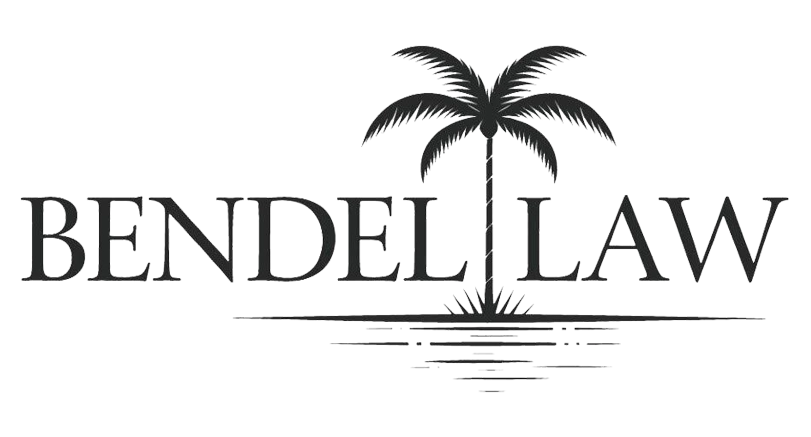
If you have seizures and they’re making it hard or impossible to work, you might be able to get Social Security Disability Insurance (SSDI). The Social Security Administration (SSA) recognizes seizure disorders as a reason someone can be considered disabled, but there are certain rules you have to meet.
There are two main kinds of seizures the SSA looks at. One kind causes you to lose consciousness and have full-body convulsions—these are called tonic-clonic seizures. The other kind might just cause confusion, staring, or a brief loss of awareness—these are called focal or dyscognitive seizures. Either type can seriously affect your ability to do regular work, especially if they happen often.
To qualify for benefits, you need to show that your seizures are happening regularly even though you’re taking your medication the way your doctor told you to. That means having seizures at least once a month or every couple of weeks. You also need strong medical records, including reports from a neurologist, test results like an EEG, and notes or journals that describe when your seizures happen and what they’re like.
Even if your condition doesn’t match the exact medical listing, you can still be approved if your seizures make it unsafe for you to work. For example, if you can’t drive, use machinery, or be counted on to show up consistently, SSA will consider that.
Applying for SSDI with seizures can be complicated, but the right documentation and support can make all the difference. Bendel Law helps individuals with SSDI claims. Call or message for a free consultation.
